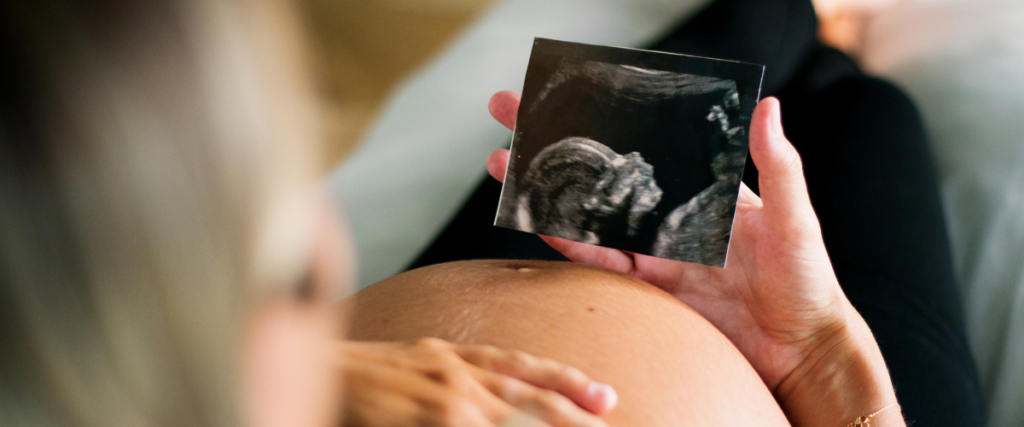Perinatal Mental Health

Perinatal mental health refers to the emotional wellbeing of a parent during pregnancy until one year after childbirth. This period represents a transitional life stage that can be associated with increased vulnerability to experiencing mental health conditions, most commonly depression and anxiety.
The term “perinatal” is sometimes divided into “antenatal” meaning during pregnancy, and “postnatal” or “postpartum” meaning the first year after birth.
Between three and ten days after giving birth, about 80 percent of Australian women experience something called the ‘baby blues.’ This is not a mental illness.
Symptoms of the ‘baby blues’ include feeling particularly emotional and overwhelmed, irritability, worrying about the baby, or feeling unattached to the baby. These symptoms are primarily caused by changes to hormone levels, as well as the significant demands of taking care of a newborn.
The ‘baby blues’ usually resolves after a few days and does not require any specific treatment other than support from family and friends. If baby blues symptoms last longer than 2 weeks, it may be a sign of an emerging mental health condition.
All expectant and new parents will have ups and downs. But when bad days become the norm, a parent may be experiencing perinatal depression or anxiety.
Perinatal depression and anxiety can be mild, moderate, or severe. It is diagnosed when several symptoms occur for more than two weeks and cause significant distress or impairment.
Perinatal Depression
Symptoms of perinatal depression include feeling sad, empty, and hopeless. Parents may experience fatigue or a loss of energy. Feelings of worthlessness or indecisiveness, difficulties concentrating, and thoughts of death are other common symptoms.
Perinatal Anxiety
Perinatal anxiety symptoms are characterised by excessive worrying, sleep and appetite disturbances, irritability, and physical symptoms, such as heart palpitations and stomach problems. In addition, many parents have repetitive, negative, intrusive thoughts or images about their baby’s health or safety.
It is common to have both anxiety and depressive symptoms at the same time.
Getting Support
Professional Support
If you recognise yourself in the above symptoms, it is important to get professional help. There are many people and services you can go to for support, including your GP, midwife, or obstetrician. Acacia, your EAP provider, is available 24/7
Australians can also call PANDA on 1300 726 306 (Monday to Friday, 9:00 am to 7:00 pm AEST), a National Helpline for individuals and their families around perinatal mental health issues.
Emotional Support
Extra support from a partner, family, or friends is valuable when dealing with antenatal depression and anxiety. Joining a birth class, parent group, or playgroup can also be helpful, as you can meet people to share experiences with.
Maintain Realistic Expectations of Yourself and Your Baby
This includes being kind to yourself, making priorities, and keeping life simple. Remember, it’s normal to feel overwhelmed, and that attachment to your baby takes time.
Practical Support
Hand things over to people you trust so you can rest, relax, or do something you enjoy. This may be as simple as having someone cook a meal for you.
Using Online Resources
There are numerous resources available online that can help you increase your understanding of perinatal mental health. The aforementioned PANDA for Australians or PADA for New Zealanders can be helpful places to start. MumSpace and the Gidget Foundation provide good resources for parents. The MumMoodBooster program may also be beneficial.
Final Words
The transition to parenthood is a significant period in life. Though we are often told it’s a time of great happiness, the reality is that 1 in 5 mums and 1 in 10 dads experience perinatal depression and anxiety. It’s important to remember that they are common, temporary, and treatable medical conditions, and that support is available.

